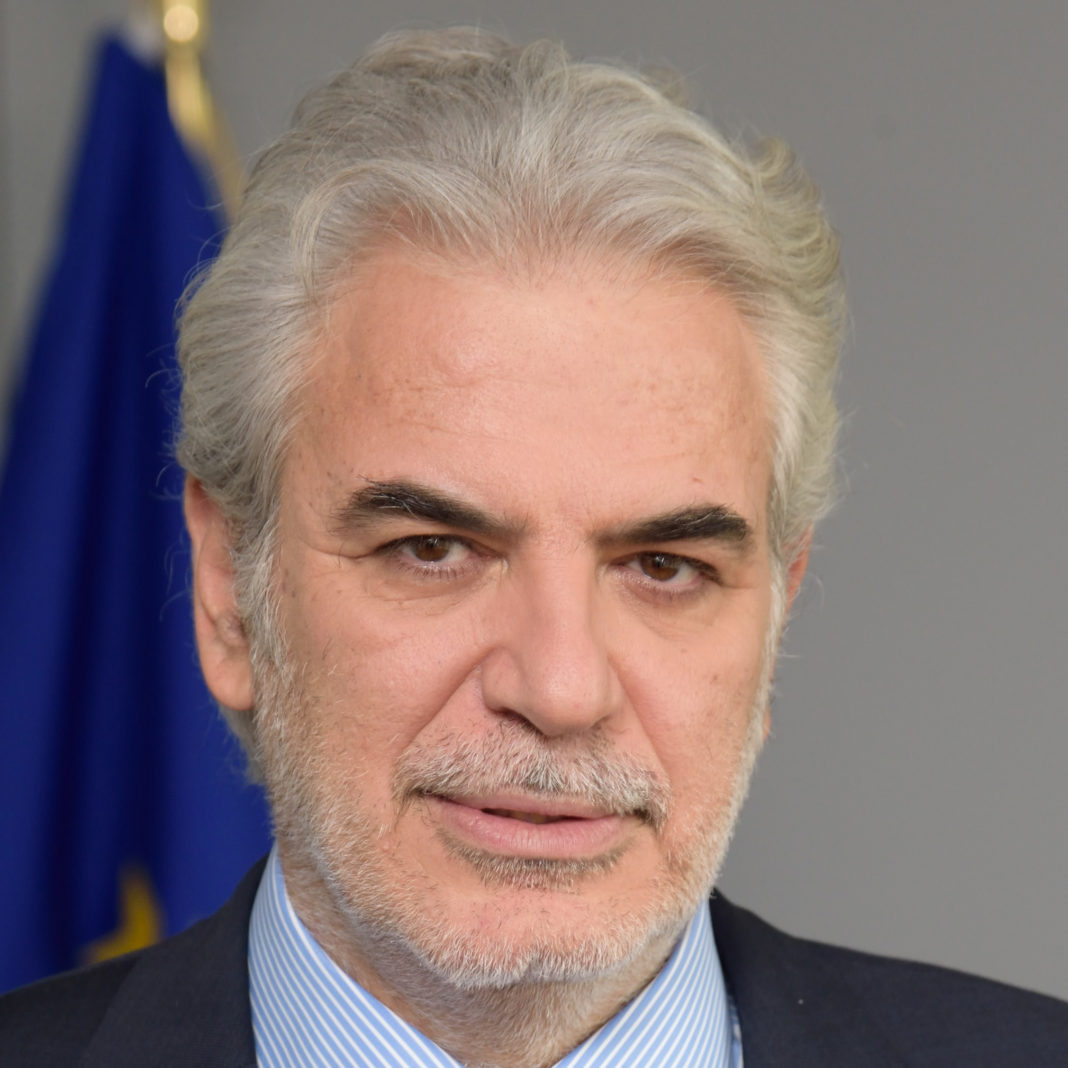In response to the 10th outbreak of Ebola virus disease in the Democratic Republic of Congo,the European Union is reinforcing preparedness in Uganda with a donation of Shs270 million (€60 000) in humanitarian funding to reinforce interventions aimed at detecting cases and preventing transmission.
“We have to be extremely vigilant and never let our guard down when dealing with health threats such as Ebola. The European Union has been at the forefront of efforts to help people affected by the virus and contain outbreaks,” said Commissioner of Humanitarian Aid and Crisis Management Christos Stylianides.
The official said they have mobilised the EU emergency response mechanisms and provided logistical support for the recent and current outbreaks in DRC, and also contributed to vaccine development. “Our support to the Uganda Red Cross will help to take much needed action to help the country prepare better,” he said.
Health experts have warned there is a real risk of Ebola spreading to Uganda due to intense cross-border movements between the two neighbouring countries. Should Ebola hit Uganda, it will not be the first time. The deadly disease has hit the country in the past on more than one occasion.
The EU funds will allow the Uganda Red Cross to reinforce preparedness and prevention in 7 of the most at risk districts bordering DRC (Ntoroko, Bundibugyo, Kasese, Kisoro, Kanungu, Kabarole, Bunangabo) and 18 points of entry. Staff and volunteers will be trained in contact tracing, informing and engaging with communities, and carrying out safe and dignified burials.
Others will be taught how to take infection, prevention and control measures and provide psychosocial support to affected people. The activities will reach 149 000 people over the next 3 months. They are in line with Uganda’s preparedness plan and complementary to actions of other partners on the ground.
The funding is part of the EU’s overall contribution to the Disaster Relief Emergency Fund (DREF) of the International Federation of Red Cross and Red Crescent Societies (IFRC).
The Uganda-DRC border sees daily movements of displaced populations, traders and miners. Insecurity and community resistance in eastern DRC are hindering efforts to contain the disease. 244 000 Congolese refugees have arrived in Uganda in the first half of 2018 as a direct consequence of inter-communal violence in North Kivu and Ituri provinces. Since this outbreak was declared on 1 August 2018, 151 cases of Ebola have been reported in eastern DRC.
The EU and its Member States are the world’s leading donor of humanitarian aid. Relief assistance is an expression of European solidarity with people in need all around the world. It aims to save lives, prevent and alleviate human suffering, and safeguard the integrity and human dignity of populations affected by natural disasters and man-made crises.
Through its Civil Protection and Humanitarian aid Operations department (ECHO), the European Union helps millions of victims of conflict and disasters every year. With headquarters in Brussels and a global network of field offices, the EU provides assistance to the most vulnerable people on the basis of humanitarian needs.
Meanwhile, the European Commission has signed a €3 million humanitarian delegation agreement with the International Federation of Red Cross and Red Crescent Societies (IFRC) to support the Federation’s Disaster Relief Emergency Fund (DREF). Funds from the DREF are mainly allocated to “small-scale” disasters – those that do not give rise to a formal international appeal.
The Disaster Relief Emergency Fund (DREF) was established in 1985 and is supported by contributions from donors. Each time a National Red Cross or Red Crescent Society needs immediate financial support to respond to a disaster, it can request funds from the DREF.
For small-scale disasters, the IFRC allocates grants from the Fund, which can then be replenished by the donors. The delegation agreement between the IFRC and ECHO enables the latter to replenish the DREF for agreed operations (that fit in with its humanitarian mandate) up to a total of €3 million.





